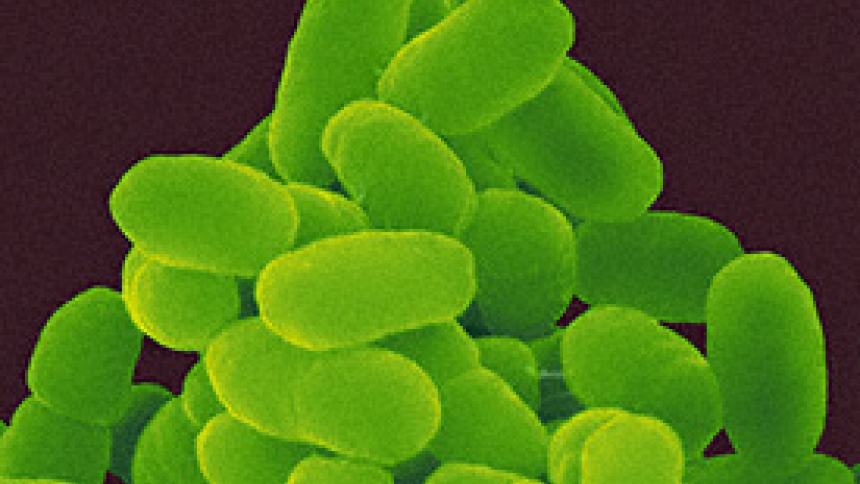Bordetella pertussis is the causative agent of the respiratory disease whooping cough, or simply pertussis, in humans. This disease causes approximately 50 million cases and 295,000 deaths worldwide annually, most of which are in infants. Much has been done to study the biology of the bacterial pathogen and how it interacts with the host immune system. Cytokines, which are chemical messengers sent out by immune cells, are very important for the generation of efficient immunity against B. pertussis. One of these cytokines, Interleukin-6 (IL-6), is produced early during infections and has been known to mediate later immune responses.
In this study led by CIDD Associate Professor of Microbiology and Infectious Disease, Eric Harvill, researchers investigated the role of IL-6 during B. pertussis infection. This research published in the Journal of Immunology showed that IL-6 influences the late, or adaptive, infection and vaccination-induced immune responses against B. pertussis. Furthermore, they showed that mice lacking IL-6 had dampened inflammatory responses, including leukocyte recruitment and T cell cytokine production during infection. This research showed that IL-6 is critical for the generation of both the initiation of inflammation and antibody production during B. pertussis infection and vaccination-induced immune responses.
Overall, this research sheds further light on the immune responses generated during B. pertussis infection. By studying how the immune system responds during this respiratory infection, future vaccine and treatment measures can be developed to specifically target important aspects of immunity and more efficiently prevent or treat infection.
Synopsis written by Alexia Karanikas.
Publication Details
Zhang X, Goel T, Goodfield LL, Muse SJ, & Harvill ET
Decreased Leukocyte Accumulation and delayed Bordetella pertussis clearance in IL-6−/− mice
Journal: Journal of Immunology
168: 4895-4904
DOI Reference




